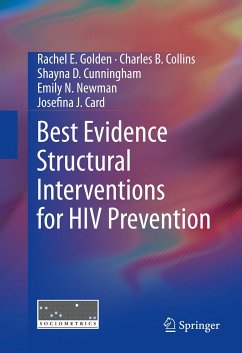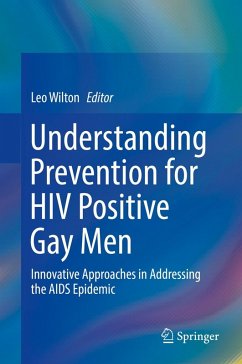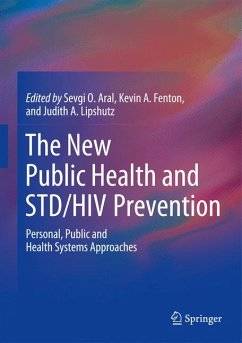
Collective Consciousness and Its Discontents: (eBook, PDF)
Institutional distributed cognition, racial policy, and public health in the United States
Versandkostenfrei!
Sofort per Download lieferbar
72,95 €
inkl. MwSt.
Weitere Ausgaben:

PAYBACK Punkte
36 °P sammeln!
An earlier book by Rodrick Wallace entitled Consciousness: A Mathematical Treatment of the Global Neuronal Workspace Model, introduced a formal information-theoretic approach to individual consciousness implementing approaches developed previously by the cognitive scientist Bernard Baars and the philosopher Fred Dretske.This book takes a more formal 'groupoid' perspective and generalizes the results of that book to processes of 'distributed cognition' characteristic of large institutions that can entertain several, sometimes many, simultaneous 'global workspaces' which must compete for resourc...
An earlier book by Rodrick Wallace entitled Consciousness: A Mathematical Treatment of the Global Neuronal Workspace Model, introduced a formal information-theoretic approach to individual consciousness implementing approaches developed previously by the cognitive scientist Bernard Baars and the philosopher Fred Dretske.
This book takes a more formal 'groupoid' perspective and generalizes the results of that book to processes of 'distributed cognition' characteristic of large institutions that can entertain several, sometimes many, simultaneous 'global workspaces' which must compete for resources while communicating and cooperating.
Equivalence classes of 'states' produce a network of language-analogs characterizing interacting cognitive modules which entertain multiple workspaces. Equivalence classes of these language-analogs produce dynamical manifolds describing temporal processes carried out by multiple-workspace institutions.
This book takes a more formal 'groupoid' perspective and generalizes the results of that book to processes of 'distributed cognition' characteristic of large institutions that can entertain several, sometimes many, simultaneous 'global workspaces' which must compete for resources while communicating and cooperating.
Equivalence classes of 'states' produce a network of language-analogs characterizing interacting cognitive modules which entertain multiple workspaces. Equivalence classes of these language-analogs produce dynamical manifolds describing temporal processes carried out by multiple-workspace institutions.
Dieser Download kann aus rechtlichen Gründen nur mit Rechnungsadresse in A, B, BG, CY, CZ, D, DK, EW, E, FIN, F, GR, HR, H, IRL, I, LT, L, LR, M, NL, PL, P, R, S, SLO, SK ausgeliefert werden.












